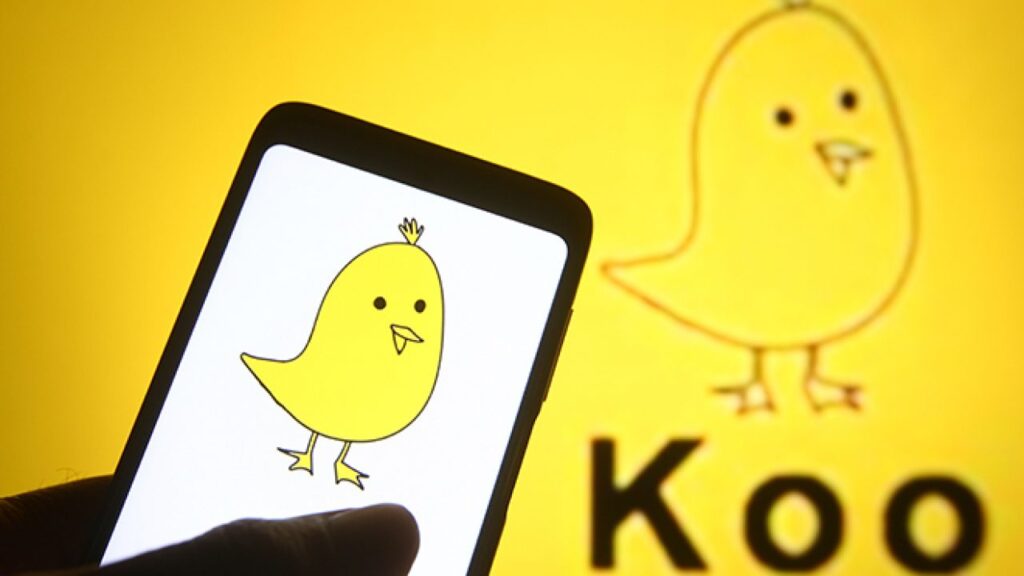
Koo’s founders have pushed hard for the company’s India-based operations and willingness to execute government and law enforcement orders. After Twitter removed a message from Nigerian President Muhammadu Buhari’s account for violating its rules, the Nigerian government suspended Twitter indefinitely.
Last year, Mr. Radhakrishna, an alumnus of the Indian Institute of Management Ahmedabad, and Mayank Bidawatka founded Bengaluru-based Koo, a yellow-colored Twitter lookalike.
According to a new Forbes India profile, it has raised more than $34 million in funding so far. It doesn’t say how many members it presently has, but it says it wants to reach 100 million members “over the next few of years.”
Members of Prime Minister Narendra Modi’s cabinet, as well as lawmakers and supporters of the BJP, have been quick to jump on board, as they have a vested interest in finding an alternative to Twitter, which has become increasingly prone to run-ins with the ruling elite in recent months. Koo’s founders have aggressively marketed the company’s India-based operations and readiness to respect government and law enforcement orders, which have found Twitter to be more difficult to deal with. However, questions concerning data privacy and security have arisen. Twitter’s friction with governments throughout the world, such as the one in Nigeria, represents an opportunity for the more pro-establishment start-up, with a history of providing a platform for dissent dating back to the Arab Spring.
On Wednesday, Twitter enraged Nigerian officials by deleting a comment on President Buhari’s account for breaking rules after he made a reference to the country’s civil war in a warning about current instability in the southeast.
Human rights organizations slammed the decision. On Twitter, Human Rights Warch researcher Anietie Ewang wrote, “This repressive measure is an obvious attempt to restrict criticism & strangle the civic space.”
Koo, which debuted in March 2020, is a vernacular microblogging site with features that are extremely similar to Twitter. Its user interface is available in Hindi, English, Kannada, Tamil, Telugu, Marathi, Bangla, and Gujarati, among other Indian languages. Apart from Telugu, the Twitter interface is also available in these languages.









